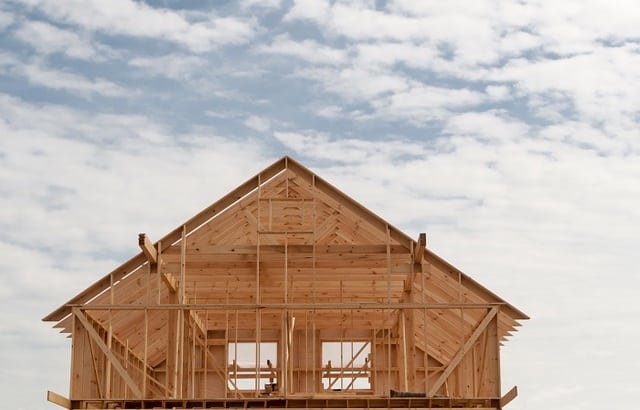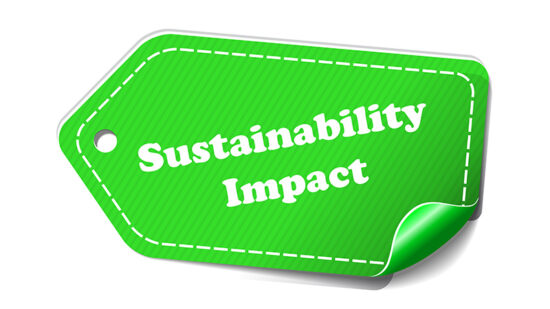On Wednesday, the UK’s largest housebuilder capped off what chief executive David Thomas called “another excellent year for the group,” unveiling higher revenue, an improved margin and healthy net cash levels.
Total revenue came in at £4.65bn for the year ended 30 June 2017, up 9.8%, as Barratt delivered its highest volumes in nine years, selling more homes at higher prices.
While profit before tax grew 12.1% from £682.3m to £765.1m, the UK builder’s gross margins likewise improved by 1.1 percantage points to 20.0.
To sweeten the deal for shareholders further, Barratt announced it would be hiking its final ordinary dividend by 39% to 17.1p and dishing out another special dividend of 17.3p per share.
Total revenue came in at £4.65bn for the year ended 30 June 2017, up 9.8%, while profit before tax grew 12.1% from £682.3m to £765.1m.
But all this was not enough to assuage investors during early morning trading on the day.
Barratt’s share price opened roughly 3.5% lower and continued to fall until it dipped under £6 per share to £5.97p per share.
Considering Barratt’s results “closely reflected its peers in the sector, coming in marginally above expectations,” The Share Centre’s Helal Miah said “it is difficult to pinpoint what the market feels disappointed about here”.
“This could be a reflection of the wider fall in the market this morning, but also the possibility of investor fatigue in seeing similar numbers published by the sector,” he speculated.
Investors have been weighing up the pros and cons of the UK housebuilding sector ever since the Brexit vote, when some of the sector’s biggest players saw nearly a third of their share price value deteriorate.
Neil Woodford, for one, made a big call on the prospects of the builders back in May, adding holdings in Barratt and fellow builder Taylor Wimpey to his Income Focus Fund.
Others like SW Mitchell’s Brian Cullen have argued that now is not the time to invest in the sector.
However “after a solid recovery in the share price since the EU Referendum and recent signs of a moderating housing market combined with the very cyclical nature of the sector, we feel it is appropriate to recommend Barratt Developments as a ‘hold’ for investors seeking a balanced return and willing to accept a medium level of risk,” said Miah.







